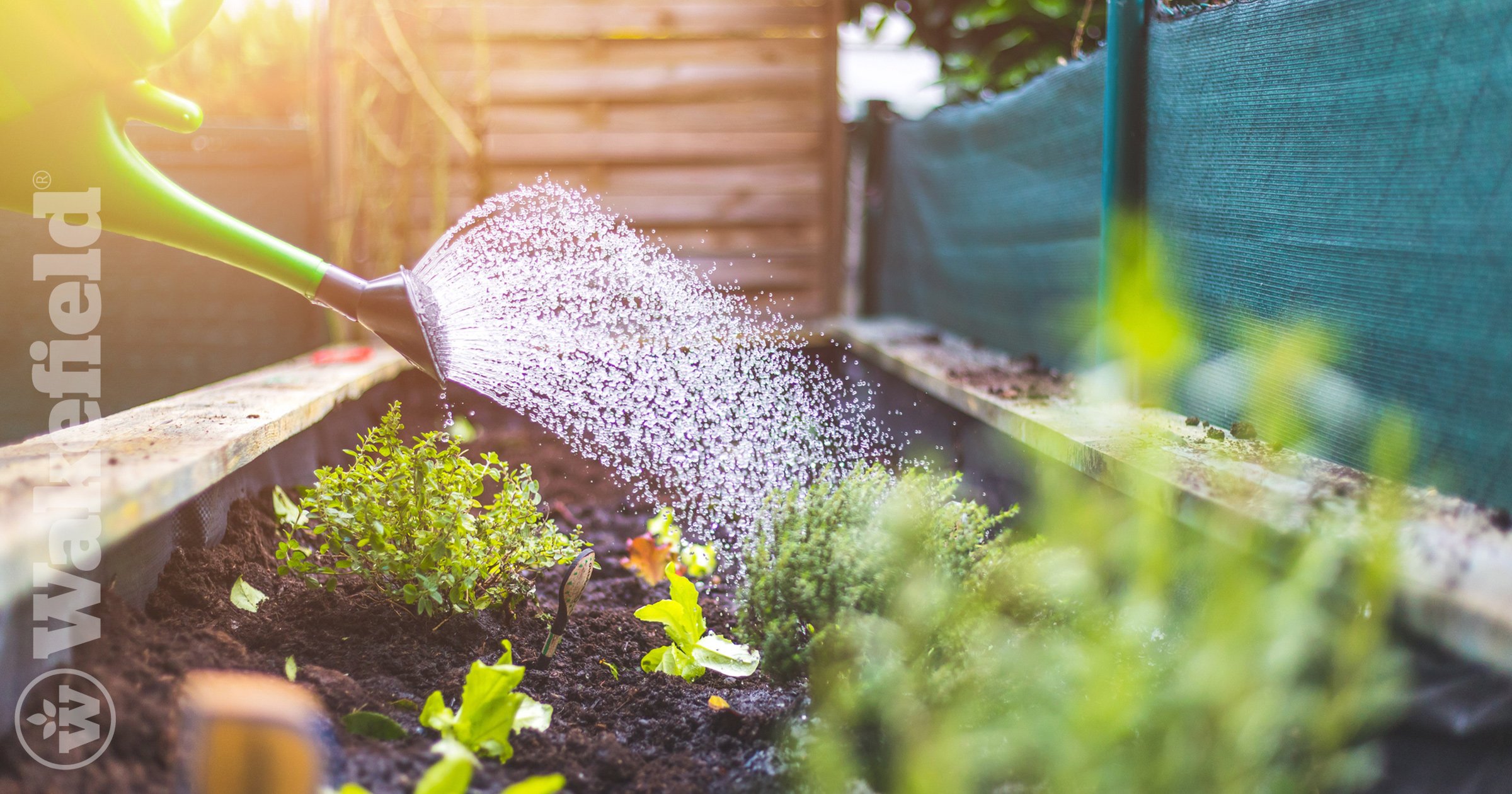
Learning Center
Explore practical articles, expert insights, and step-by-step guides to enhance your gardening.


Most read articles
Can I Use Regular Charcoal as Biochar?
Discover why regular charcoal cannot replace biochar and the specific benefits biochar...
Back-to-School DIY: Egg Carton Seedlings with a Sustainable Twist
As the new school year kicks off, it’s time to unleash some...
Compost + Biochar
Combining compost with biochar enhances soil fertility, creating a powerhouse blend that...
POPULAR VIDEOS

Popular Gardening Tips

How to Activate Biochar
When biochar is placed in the soil, it absorbs water and nutrients until it soaks up a sufficient amount!
Garden Zaddy X Raised Beds and Gardens
Meet Aaron Aiken, better known as Garden Zaddy, a passionate gardener from Pasadena, California, dedicated to making gardening accessible, fun, and rewarding. Watch this latest video to see how he uses our new line of biochar to treat raised beds and gardens for healthier, thriving plants!
NEW GARDENERS
What Is Biochar?
Can I Use Regular Charcoal as Biochar?
Back-to-School DIY: Egg Carton Seedlings with a Sustainable Twist
How to Activate Biochar
What Does It Mean to Be Carbon Negative?
EXPERIENCED GARDENERS
What Is Biochar?
How to Activate Biochar
What Does It Mean to Be Carbon Negative?
What is Pyrolysis?
Biochar as a Sustainable Product for the Removal of Odor Emissions – Mini Literature Reviews
MASTER GARDENERS & PROS
Compost + Biochar
Understanding Biochar Carbon Credits
What Is Terra Preta?
What Does It Mean to Be Carbon Negative?
Carbon Sequestration with Biochar
ACADEMIC RESEARCHERS
Can I Use Regular Charcoal as Biochar?
Biochar as a Sustainable Product for the Removal of Odor Emissions – Mini Literature Reviews
Biochar’s Role in Boosting Water Retention
Biochar in Construction: A Sustainable Innovation for Stronger, Smarter Buildings
Understanding Soil Health

Frequently Asked Questions
How Much Biochar Should You Add to Soil?
Don't want to over do it? Check out how much biochar you...
What Is Terra Preta?
Learn about Terra Preta, the ancient Amazonian dark earth, and how biochar...
How to Activate Biochar
When biochar is placed in the soil, it absorbs water and nutrients...

Explore Categories
Biochar Basics
Gardening Tips
Biochar Applications
Sustainability
Beneficial Reuse
The Science of Biochar
OutStanding with Wakefield









